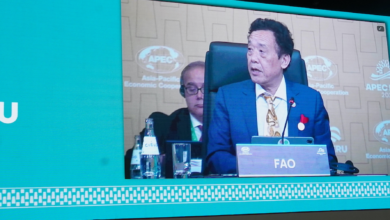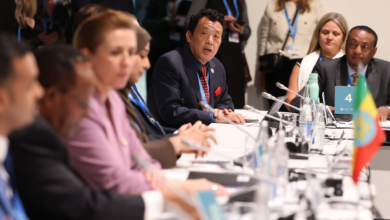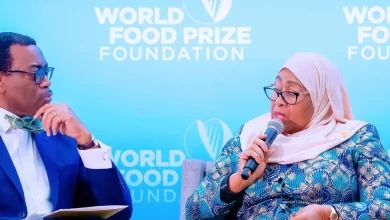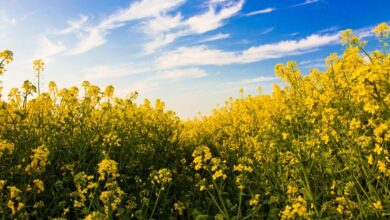COVID-19: 6.5 m fishers distress, alliance urges FG to support
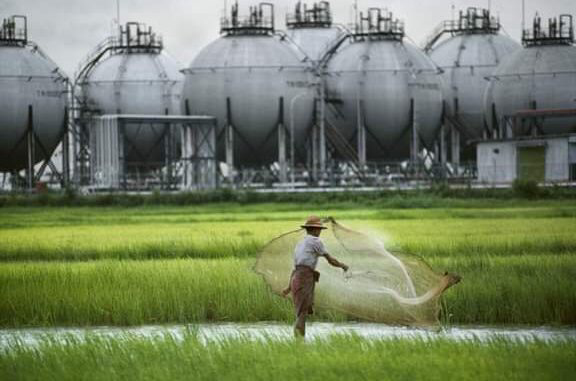
As several sector of the economy continue to grapple with the effects of COVID-19, experts have called on the federal government to put adequate measures in place to cushion its effects on fishers, saying over 6.5 million fishers are distressed.
Fishers organised under FishNet Alliance in a statement in Abuja at the weekend saying the lockdown distress has impacted on the fishers heavily as it deprived them access to fishing grounds and daily income to take care of their families.
“The fact that COVID-19 pandemic is a serious threat to global health is beyond question. What is often ignored is the fact that the pandemic is a serious socio-economic crisis in Nigeria and many other countries.
“One of such exposed and under-supported social group is that of artisanal fishers, fish processors and marketers. Routinely ignored in the scheme of things, the lockdown measures has thrown 6.5 million strong fishers into abject stress.
“There are stories of woes along the entire 850 km Atlantic coastline of Nigeria. Where fishers are not only impacted by oil spills, they are limited by security cordons built around industrial facilities. In places like Makoko, a community on the edges of the Lagos Lagoon, life is precarious due to both the pandemic with heightened vulnerability due to the state of their environment.
“We called for support for fishers in Makoko, Lagos State and in other coastal communities across the country,” the Alliance said.
According to Akintimehin Claudius Adewole, leader of the Alliance in Lagos State, there are high activities of dredging going on in the area and this has severely impacted on the livelihoods of the community people.
The director, Health of Mother Earth Foundation (HOMEF) Dr. Nnimmo Bassey, urges that adequate support systems should be in place to ensure the wellbeing of fishers whose services are essential.
Without fish a vast population of Nigerians would go without that source of protein thus exacerbating the nutritional deficiencies in the population.
“Our fishers are among the most vulnerable of our country,” Bassey said.
Source: blueprint.ng


